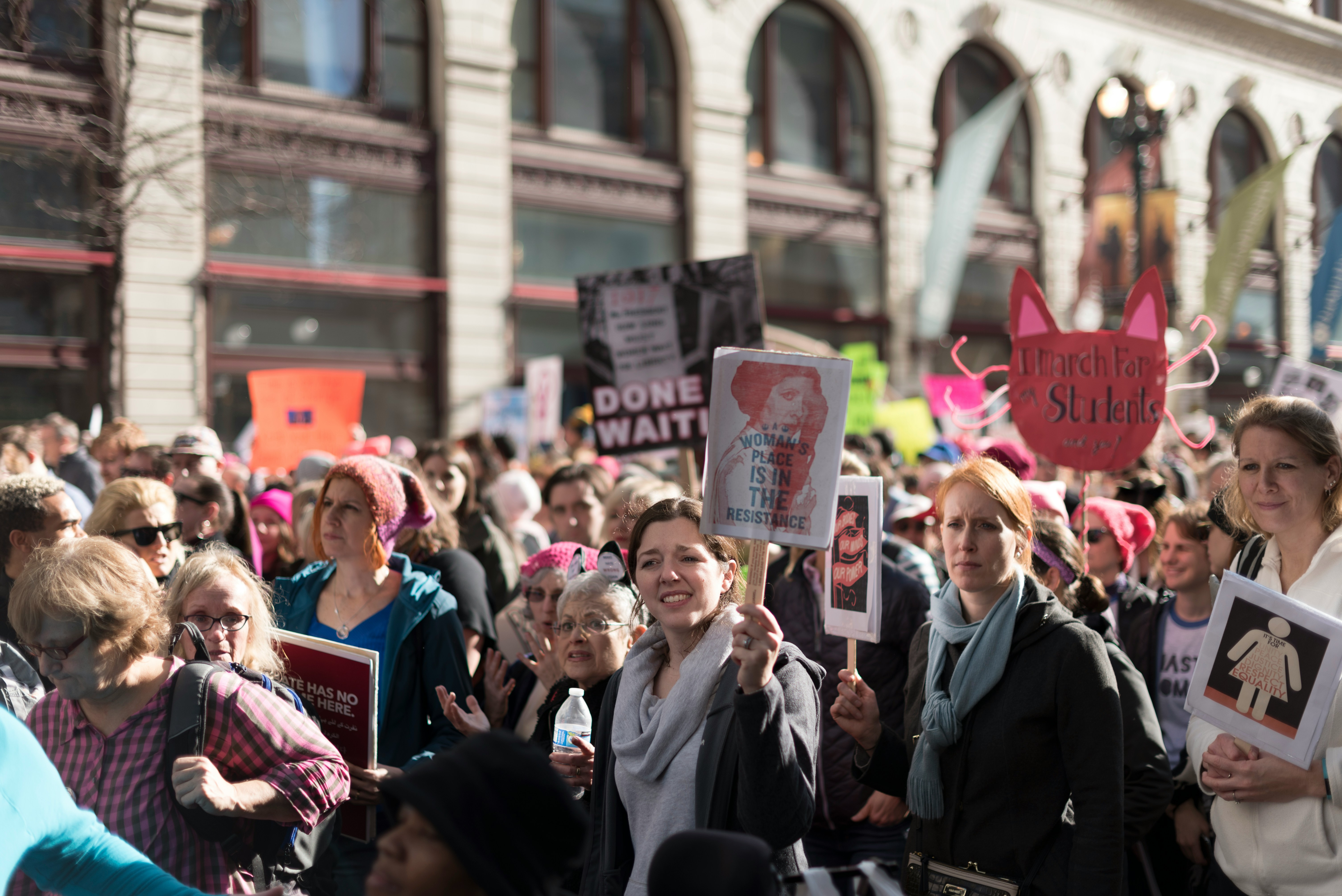25 November: an Invitation to Reflect on New Forms of Humanity

The International Day for the Elimination of Violence against Women, observed on 25 November, returns to our lives and to our consciences each year, since 1999. On the one hand, what happens in our homes and in our streets today reminds us starkly that, despite this day, we have not yet succeeded in reducing forms of gender-based oppression and patriarchal, asymmetrical relational dynamics. On the other hand, we cannot overlook the commitment of the many women and men who work tirelessly to bring about change. We wish to build upon these efforts and thank all those who strive for a different world, who promote, day after day, relational styles between women and men based on respect and dignity. Building on this, however, this day may also be an opportunity to acknowledge that perhaps the time has come to promote a new, more innovative and complex, and less anthropocentric idea of the human being. It would be heartening if we, as humanity, were to decide to banish violence against women and against all forms of life, recognising that we are guests on this planet, living alongside other beings with whom we must construct new forms of coexistence.
We now know that violence generates violence, aggression breeds aggression, and oppression produces fear, anger and a desire for revenge. It is clear to all of us that this relational system is failing and is leading us towards social and ecological collapse. We are even creating forms of imaginative difficulty: we can no longer imagine futures that are not dystopian; we live in conditions of imaginative deficit. This, in turn, deepens the hopelessness and despair of both young people and adults, contributing to mental health problems that may themselves fuel further violence, including gender-based violence.
We must break free from these deadly and degrading traps that undermine the very notion of what it means to be human. We must recover wisdom, foresight and vision. We could, for example, reconsider the value we assign to caring for people and the planet. Care for people is essential for human development, for cultivating the capacity to reason, to be free from prejudice and stereotypes, and to experience both freedom and a sense of community. Care for the environment helps counter degradation, supports the regeneration of places and promotes deeper forms of wellbeing. Care must be placed at the centre of life—not only women’s lives, but also men’s—with due recognition. In doing so, we can also enhance relationships between women and men, and between human and non-human beings, fostering relational styles that are symmetrical, non-hierarchical, democratic, equitable and peaceful, countering paternalism and patriarchy, hierarchy and exploitation.
We can attempt to move beyond anthropocentric traps by drawing on critical consciousness, complexity, pluralism and the imagination of alternative futures. First and foremost, a shared critical analysis is needed of the oppressive and patriarchal socio-economic factors that shape our society. We must therefore promote complex and pluralistic thinking around fundamental issues for communal life, such as social justice, freedom, democracy, peace and nature. From here, new insights can emerge, including a clearer awareness that violence intersects profoundly with other issues—inequality, exploitation, violations of the principles of freedom and equality, ecocide, and the creation of ever smaller minorities who enjoy various forms of privilege. We can question Hobbes’ homo homini lupus and the homo oeconomicus, both rooted in individualism and relational cynicism. We can finally recognise that such ways of being represent only one possible interpretation of humanity. Research and experimental approaches—still not widely known—show that human beings can be cooperative and supportive, capable of acting with tolerance, patience and dialogue, and of seeking original solutions to conflict. Evidence suggests that these capacities support coexistence, well-being and progress far more effectively than competition, conflict and violence.
In this way, it becomes possible to move beyond a single, fixed way of thinking and to imagine an innovative and evolved humanity that cares for creation, experiments with new forms of coexistence on this planet, co-constructs harmony with nature, values the commons, thinks of those who are yet to come, and eliminates all forms of oppression against human and natural life.

